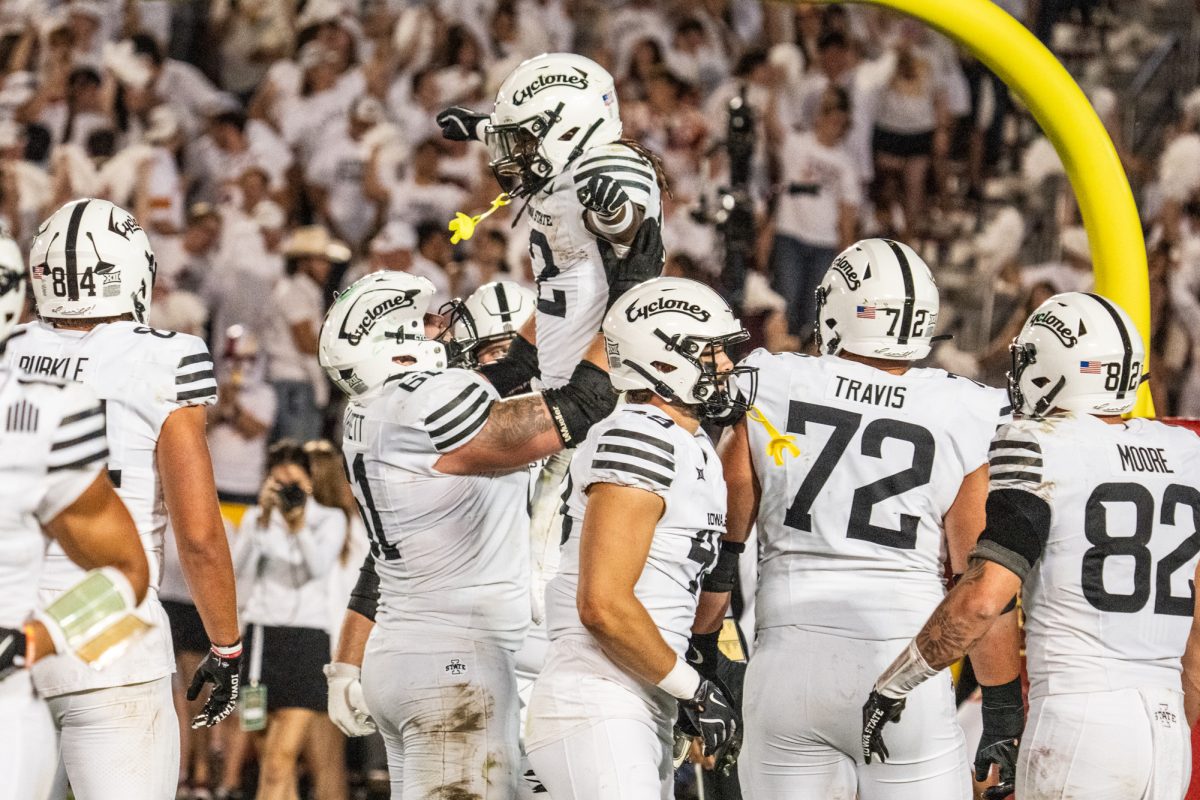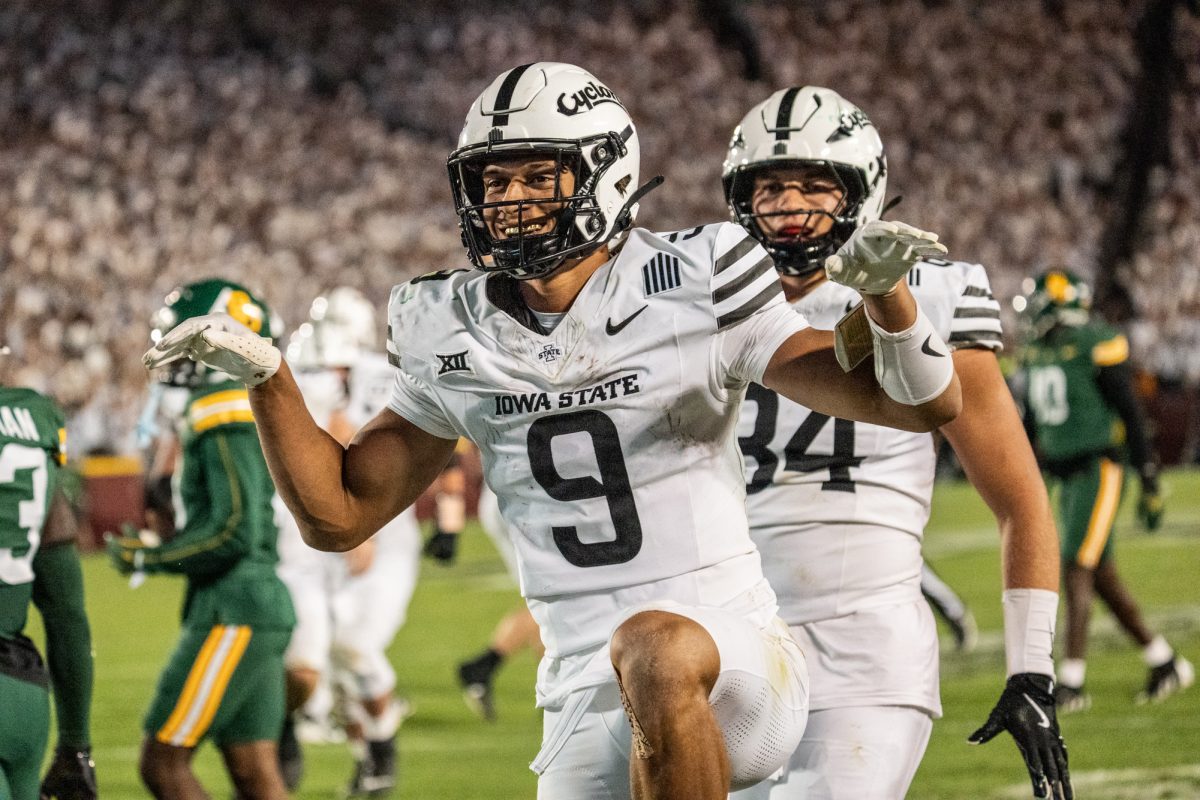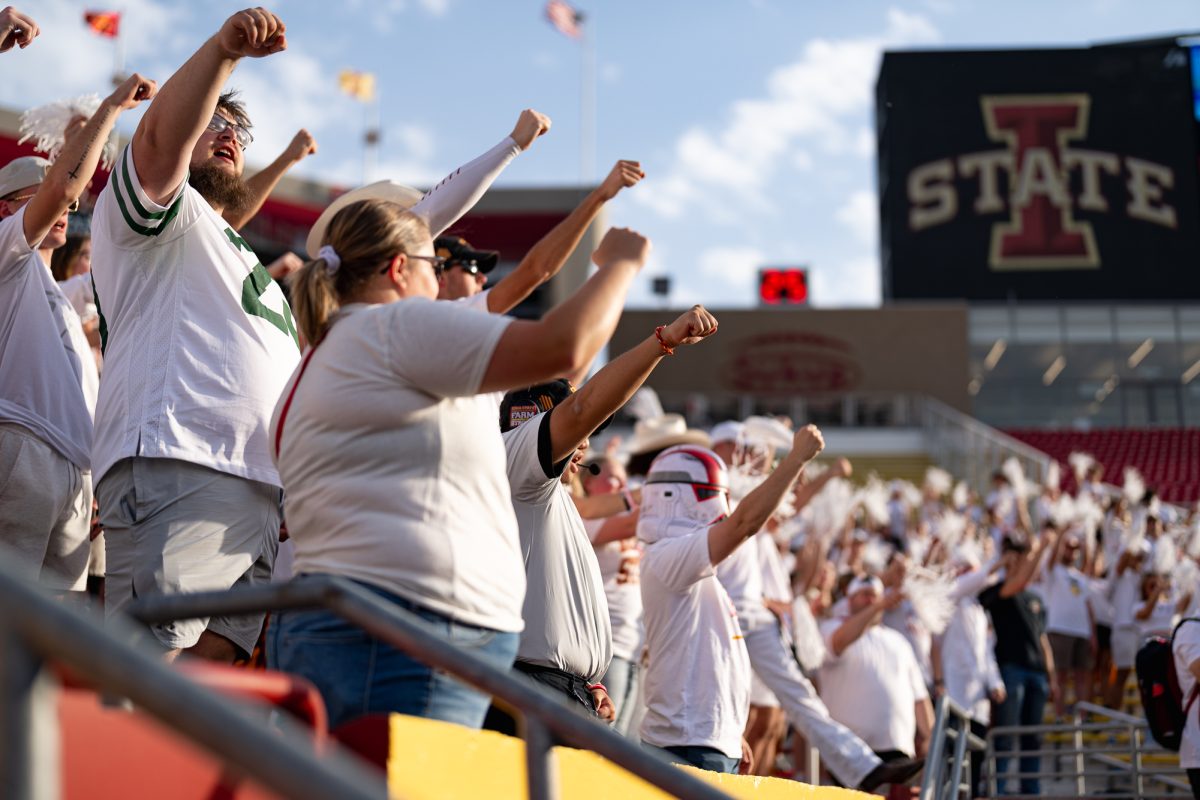Culture of violence pits us against each other
April 26, 1999
You might think that the recent massacre at Columbine High School was a tragedy. After all, 15 people are dead, and the loss of each and every one of those individuals was tragic. But it does not necessarily follow that the event itself should then be referred to as a tragedy.
The word “tragedy” is reserved for dramatically special circumstances. That’s why we don’t refer to every fatal car crash as “a tragedy.” Perhaps we did, once upon a time, when they didn’t happen every single day.
When the first fatal car crashes occurred, I’m sure that people expressed their shock and outrage. The headlines probably went on for days, discussing the ramifications of human beings actually dying on America’s roads.
As our society “progressed,” we stopped referring to every car crash as a tragedy and realized that they were just a feature of the world we had created. Then, as now, we weren’t willing to slow down and drive more safely. Today, fatalities resulting from automobile wrecks are usually represented by mere statistics.
The same thing is happening with the phenomenon of the killing spree.
Prior to the recent events in Littleton, America had already grown somewhat accustomed to this form of violence. With the increasing frequency of killing sprees, we invented terms like “going postal” to downplay the horror of such occurrences.
That’s how we cope with the violent society in which we live. We make nervous jokes. We desensitize ourselves. We preserve the status quo.
Our response to the Columbine shootings may represent the last gasp of outrage against such an event.
We’ll soon understand that it’s not a “tragedy” when an American breaks down and shoots his co-workers, friends or schoolmates and crowns the day’s rampage with his own suicide. In a society as unhealthy as ours, it’s an inevitability.
How unhealthy are we? Most of us think that happiness is the automatic by-product of fame or wealth. We’ve forgotten that true happiness grows from self-love and love of others. Such love can be achieved by anyone of any creed or any race.
I admit that such a notion runs counter to the belief system of a society that grows more elitist with each passing day, but that doesn’t make it any less true: The only proven path to happiness is LOVE. Not money. Not fame. Not beauty. Not religion. Just plain love, which excludes no one.
In the meantime, we have hate.
We watch the system beat people down until they are miserable and vicious. When one of the beaten dogs finally bites someone (as beaten dogs will), we throw our hands up in the air, and say, “Oh dearie me, what a monstrous beast! He should be put to sleep.”
In addition to hate, we have blame. Blame is the last refuge of a powerless citizenry.
Mostly we blame one another. Goths blame jocks blame blacks blame feminists blame immigrants blame gays, ad infinitum. Have we learned nothing?
Perhaps not. At a memorial service in Littleton, some of the mourners carried signs that said they were there to mourn the “victims” of the killing spree, not the “monsters” who killed them.
But those tortured young men are also dead. The culture that pitted them against their peers is ultimately to blame.
In the history of society, one pattern is consistent: When the disproportion of wealth and power becomes glaring, societal forces increase the divisions between certain groups. We form “cliques.” America’s upper-class has figured out what upper-classes elsewhere have always known: “Divide and conquer” works. Turn people against one another. Then take the money and run.
I’m not suggesting that we “eat the rich.” They aren’t monsters either. We should devote our energies to fighting the intangibles: Greed, envy, elitism, demagoguery, hate. We should never turn other human beings into enemies.
Wasn’t it Nietzche who warned, “battle not with monsters, lest ye become a monster?” What he meant was this: When we make monsters out of other people, we become capable of monstrous acts ourselves. Eric Harris and Dylan Klebold allowed their classmates to become “monsters” and acted accordingly.
After decades of playing what amounts to cultural Russian roulette, we have the nerve to look shocked at the bloody mess that occasionally results. The tragedy isn’t in the bloody mess; it’s in the fact that we refuse to quit playing the game.
James O’Donnell is a graduate student in art and design from Mesa, Ariz.






